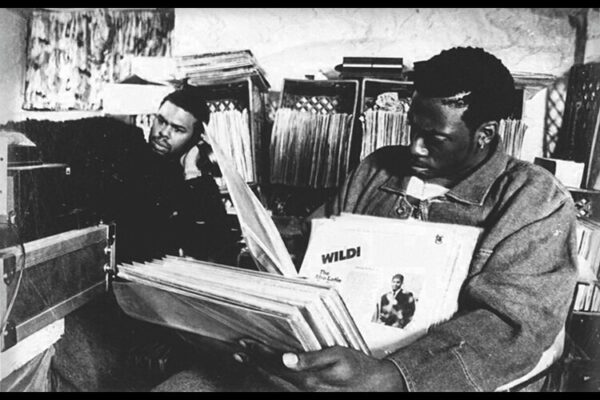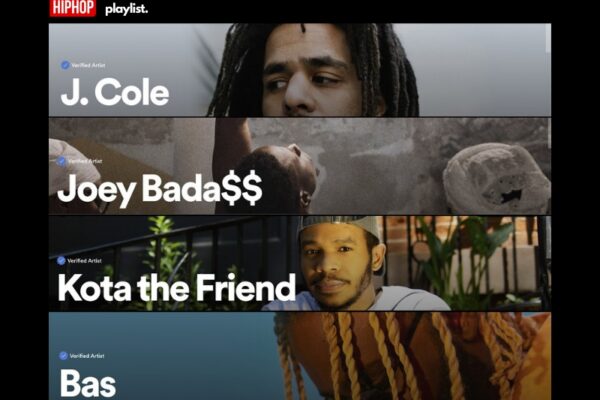I count my blessings to be among a select group of individuals who both field hip-hop blog pitches and send them on behalf of clients in the hip-hop realm. It’s truly a dream scenario for me, but you get some real perspective looking at a backward ass system from both sides of a tarnished coin.
I have mad love for indie artists. I have mad love for (some) blogs, that operate the right way. I’m beholden by that love to tell you that you need to be better. Both groups.
Bloggers, I’ll start with you. My beef here is relatively simple.
- Stop charging artists for features and interviews. That’s some bullshit. If music blogging is your full-time career, then do it better. Get your traffic up. Take over on social media. Sell some merch. You can even incentivize giving artists feedback on their music – which coming from an expert in the field can be invaluable to an artist’s development. But stop charging for a post. You’re doing a disservice to artists who NEED YOU, and are the most likely people to read/share your content.
- If you’re positioning yourself as a clickbait, gossip-heavy publication that’s fine. But don’t call yourself a hip-hop blog.
- Music should always come first. Talent always rises to the top. Support artists that are fire, and eventually, it’s going to pay dividends. Support artists who are alright, but have a big following and you hurt your reputation as a tastemaker.
Artists/publicists. Hitting up a blogger by DMs is fine. As long as they don’t explicitly say that’s not the best way to reach them. But you wouldn’t know that if you don’t read the submission guidelines. And you definitely shouldn’t be in the DMs with spam or self-entitled nonsense. You shouldn’t be in the DMs if you’re not following the blog. You could be the next Kendrick for all I care, if you don’t approach a blogger with some respect, don’t expect to receive any.
Blog Submissions
On that note, if you’re submitting to a playlist or blog, only submit one song at a time. Nothing screams desperation more than seeing 5 submissions come in from one artist in a flood. And here’s the thing. If you submit one song, and it’s not to my taste, it’s very likely that I’m going to visit your Spotify, get familiar with your music, and see if there’s something else that might be a better fit. But I’m not going to do that if you spam me.
Obviously, pitching your music to bloggers can be an effective way to increase your exposure and gain new fans. However, it’s important to strategically approach the process to ensure that your efforts are well-received and likely to result in coverage. I’ve written about general release strategy best practices in the past.

One of the most critical aspects of successful hip-hop blog pitching is conducting thorough research to identify the most appropriate blogs for your genre and style. This may require digging deeper than just looking at the biggest or most well-known blogs in your industry. Instead, consider factors like the size and engagement of their audience, their tone and writing style, and the types of artists they have covered in the past. Use this information as ammunition when you craft your pitch.
Once you’ve identified a handful of blogs that seem like a good fit, it’s time to start crafting your pitch. Rather than sending a generic mass email to all the bloggers on your list, take the time to personalize each one. Address the blogger by name, reference specific articles or reviews they’ve written in the past, and explain why you think your music would be a good fit for their audience. And remember, timing is crucial. Give publications a week or two before the release date for us to review, craft, and publish your post. This step is also heavily influenced by crafting a strong press kit and artist bio.
I’ll be real with you, hip-hop blogs don’t hold the same sway that they used to. Mostly that’s because the way we consume content has changed. But part of it can be attributed to the malpractice I’ve described on both ends. We can do better. And if we do, it’s good for both sides.















Leave a Reply